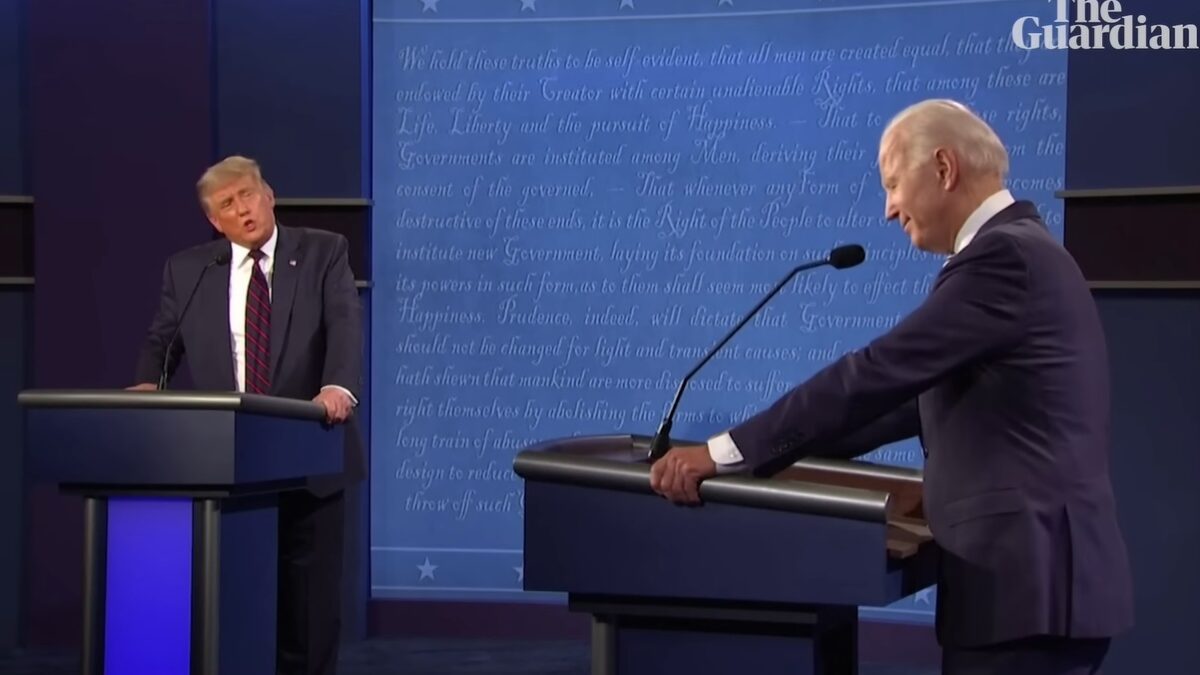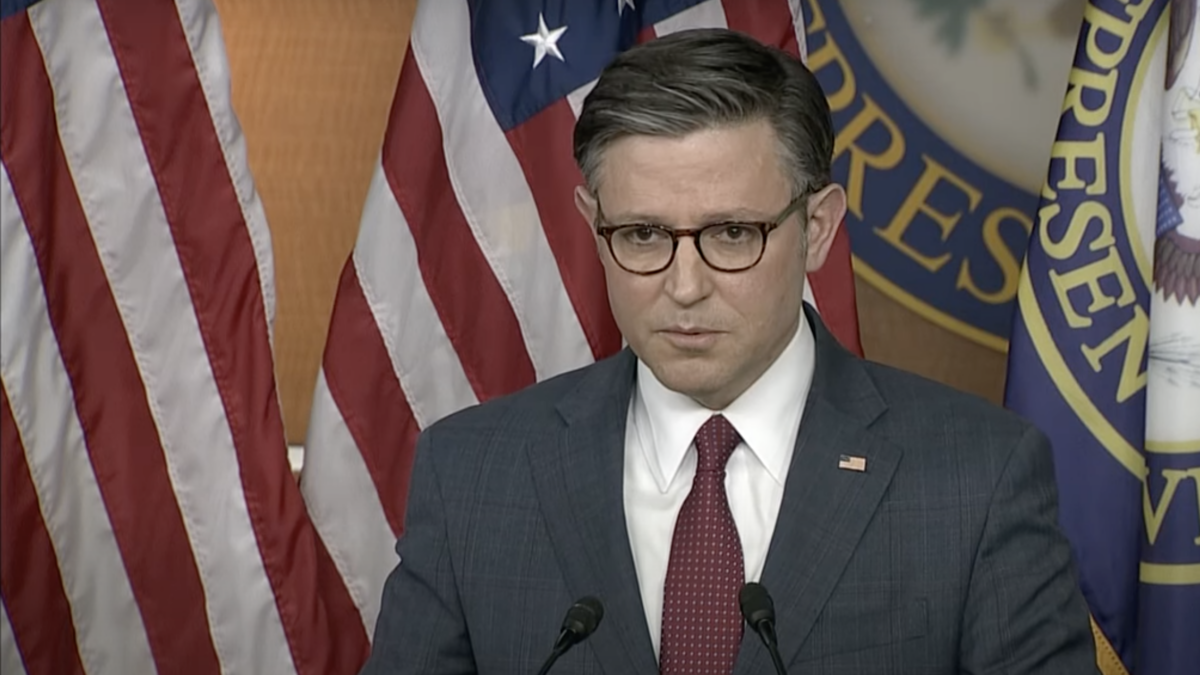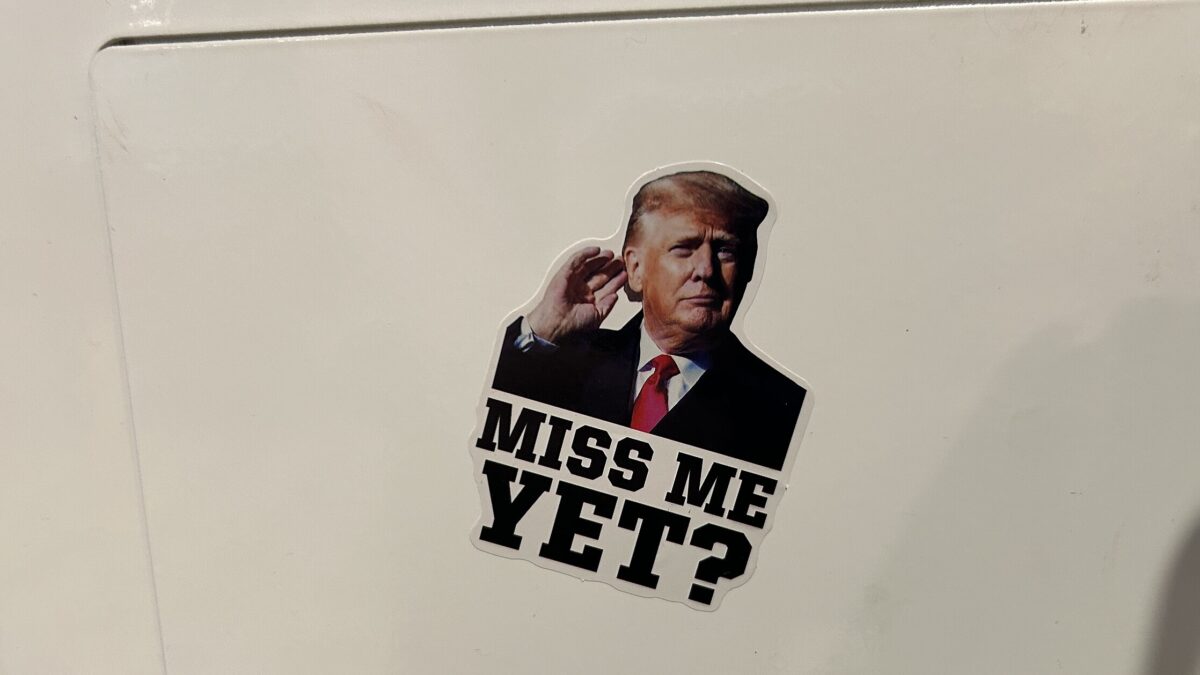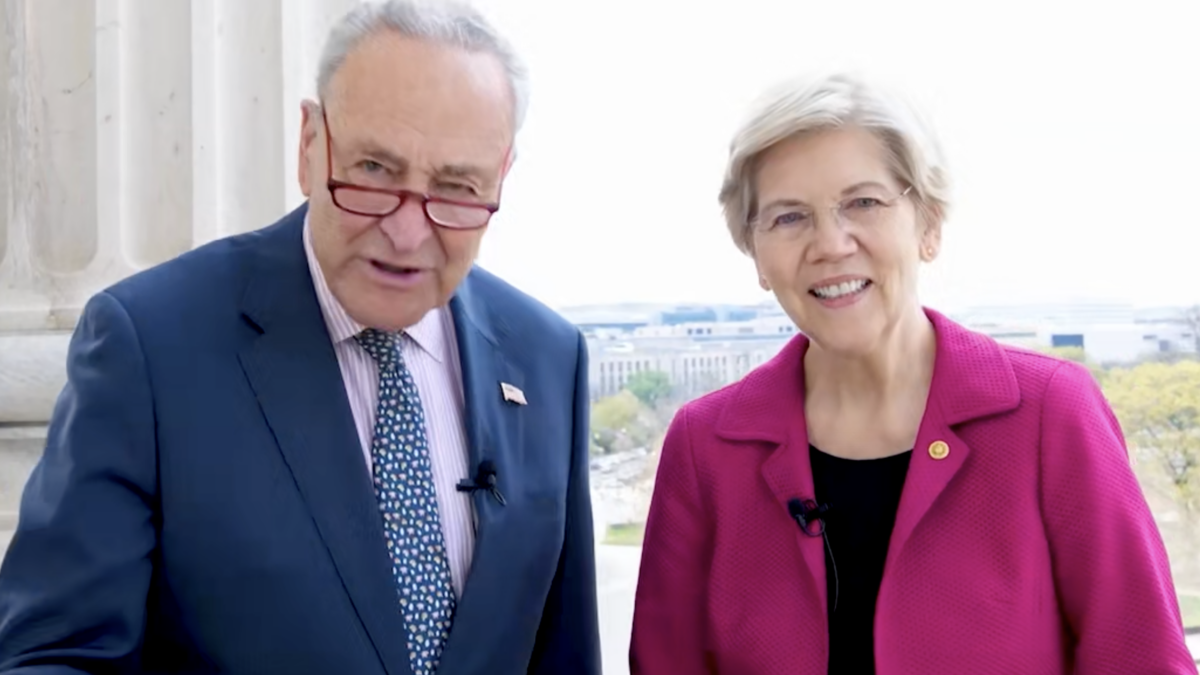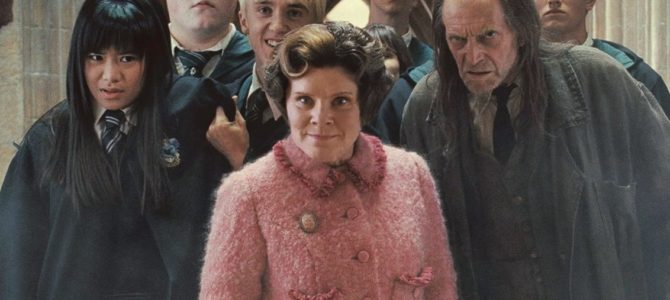
Consumer Financial Protection Bureau employees, in an act of rebellion against their newly appointed acting director, have formed a group they call Dumbledore’s Army, named after a group of protagonists in the Harry Potter series.
We might be tempted to tell them to read another book. In this case, though, I’m not sure they’ve read this one, because their rebellion of mid-level bureaucrats seems a lot less like Dumbledore’s Army and a lot more like Dolores Umbridge.
For those who are too old to have grown up with Harry Potter, or who have not had children in the right age range to become obsessed with the series, let me explain the reference. Please do bear with me. It will be relevant, I promise.
In the fifth novel of the series, “Harry Potter and the Order of the Phoenix,” an increasingly paranoid Ministry of Magic sends a mid-level bureaucrat, Dolores Umbridge, to exert control over Hogwarts School of Witchcraft and Wizardry, the setting for most of the novels. Umbridge is overbearing, officious, and obsessed with exerting her petty authority. When the beloved head of the school, Albus Dumbledore, is ousted on trumped-up charges, she is appointed as its new headmistress, causing our heroes to form their own secret organization, Dumbledore’s Army, to resist her control.
I’ve written before about the problem with applying examples from children’s stories to real-life politics. Because they are written for children, they are necessarily simplified, vague, and allegorical. They aren’t meant to convey the historical knowledge, ideological clarity, and journalistic detail required for an adult understanding of politics. But hardly anybody has an adult understanding of politics these days.
Beyond that, it strikes me that the political left keeps getting these children’s allegories wrong. They borrow elements from Harry Potter or from the Star Wars series and remake them as the whole basis of their political identity—no, seriously, this is why the Left calls its opposition to the Trump administration “the Resistance,” which is taken from the most recent Star Wars movie. But they’re borrowing symbols of rebellion against overbearing authority—and using them in defense of overbearing authority.
Take the case of the CFPB. Its resistance to Mick Mulvaney began when he was appointed as their acting director in place of the successor outgoing director Richard Cordray had chosen. Since when did an executive agency head get to pick his own successor? Since Congress created the CFPB with legislation that tried to give the bureau its own little island of authority with no accountability either to Congress or to the chief executive. President Trump had to assert the overriding law—and the constitutional structure of government—in order to insist on his own appointment for the agency’s head. But bureaucrats don’t like that, so they’re trying to undermine the policies of the elected head of the executive branch.
This has been something of a pattern since the last election, with mid-level bureaucrats doing things like starting rogue Twitter feeds for various government agencies, or setting up networks where they discuss policy by way of encrypted messaging apps to avoid the scrutiny of their superiors, as well as congressional oversight and Freedom of Information Act requests. That’s the symbol of the Resistance: the rogue federal bureaucrat fighting to reassert policies the permanent administrative state favors over those voters have chosen. It is rule by and for mid-level bureaucrats, by and for Umbridge and her equivalent.
The fact that these symbols—the rebels from Star Wars, the Harry Potter heroes—were created by people who would describe themselves as modern “liberals” just adds to the contradiction. It’s like all the people who flocked to the Hunger Games novels and movies, then complained that the Electoral College gives the Districts too much power to resist the edicts of the Capitol. They like to play around with symbols of the heroic fight for freedom and of individualistic resistance against authority, then turn around and impose rigid codes of conformity and demand a big, intrusive government staffed by exactly the kind of power-hungry bureaucrats they just told us they were against.
Maybe it’s a form of overcompensation. The more they advocate tyranny, the more they have to cosplay as freedom fighters. They play at being the Resistance to keep from having to recognize that they are loyalists of the Empire. Or they play at being Dumbledore’s Army to avoid looking in the mirror and seeing Dolores Umbridge.
Follow Robert on Twitter.


